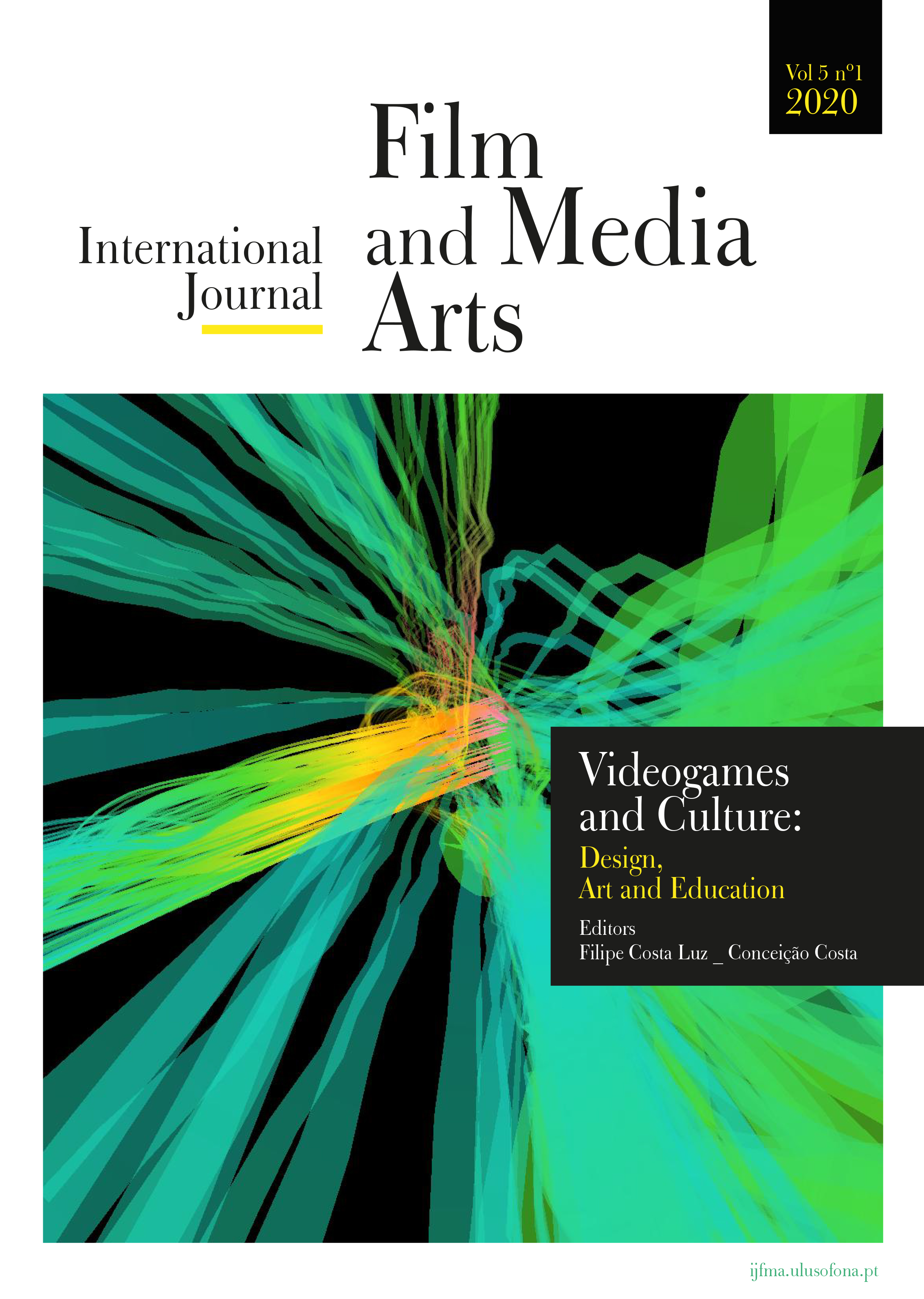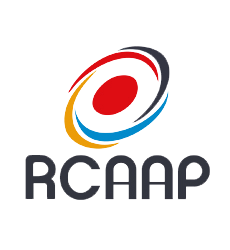Augmented reality to enhance non-opposite reality awareness
Lexical relations amongst primary teaching
Abstract
Lexicon allows particular cosmovisions built up with varied semantic, formal and pragmatic-discursive relations (Coseriu, 1991; Teixeira, 2005). In teaching context, these variations are often replaced by dichotomous and decontextualized proposals of lexical organisation (Baptista et al., 2017). We hope changing some teaching practices, based on complex lexical relationships research, and on new didactic resources.
Firstly, we account for the diversity of existing lexical relations (Choupina et al., 2013), considering different linguistic criteria (Lehmann & Martin-Berthet, 2008). Then, we present an exploratory study to see if primary school pupils’ mental lexicon is intuitively organised in a dichotomous way. Departing from three bimodal narratives where words show opposition relations, although not exclusive, within the story, sometimes oppositional relations become similarity relations. These relationships allow to group words such as word class, worldviews, socio-cultural references.
Although this approach starts with antonyms and synonyms in second-grade classes (according to Portuguese primary school curriculum, Buescu et al., 2015), we registered varied students’ responses, reflecting a mental lexicon escaping the dichotomy of certain oppositions taught in a decontextualized way.
Thirdly, we propose an augmented reality tool that allows children (and adults) to watch visual narrative representing actions from written narratives. As a matter of fact, within particular contexts, words may not relate to each other in an opposite way. If intuitive knowledge on words isn’t confined to rigid perspectives, teaching shouldn’t lead that way, but to promote a critical thinking approach supporting education for citizenship.

This work is licensed under a Creative Commons Attribution-NonCommercial 4.0 International License.











